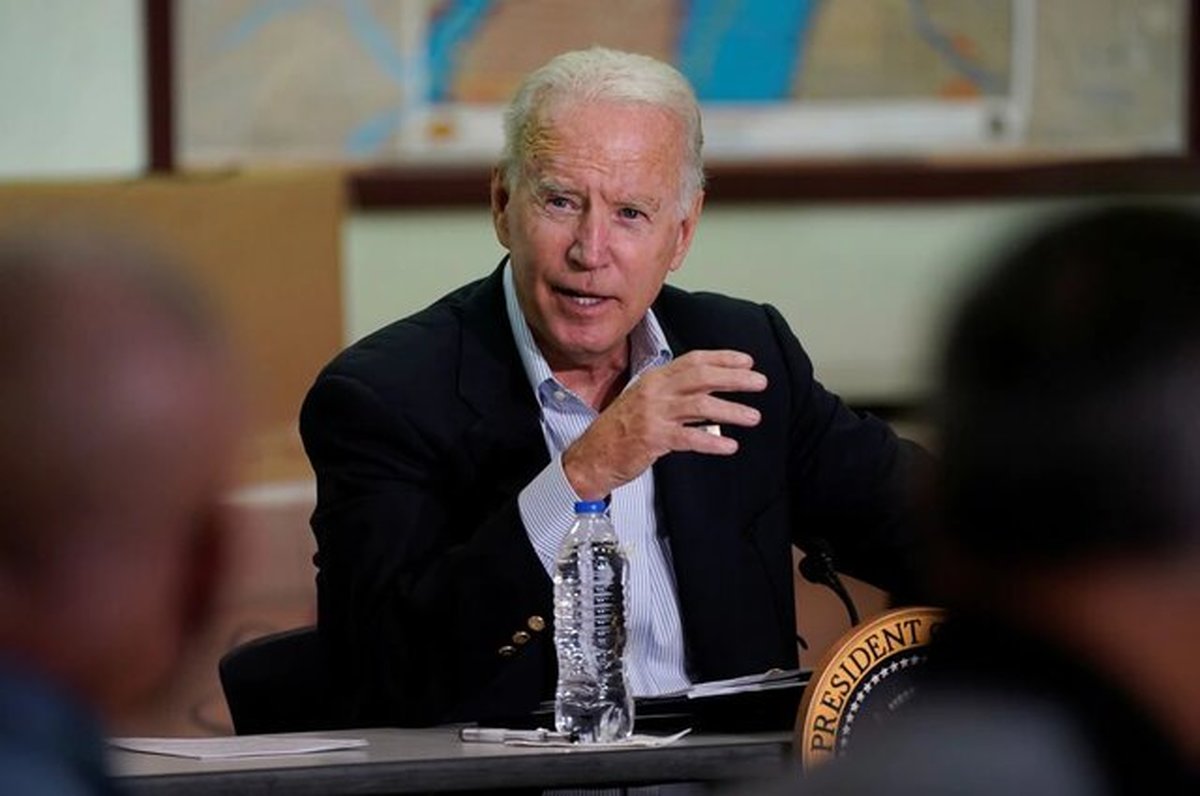Zahra Sharifzadeh, speaking in an interview with the website of the Strategic Council on Foreign Relations, said: In the foreign policy of each country, factors such as intellectual foundations, the nature of the international system, the characteristics and attitude of the governing body, the capabilities of the country, the objective needs of the society, geographical variables, political culture and diplomacy are involved.
Sharifzadeh said: The main lines of the US foreign policy include internationalism, coalition building and global consensus, defending values and identifying threats and the enemies.
The researcher on the US affairs, analyzing Biden’s policies toward the region explained: Biden is trying to take full advantage of the so-called benefits of Trump’s policies while making changes in line with the new atmosphere.
Referring to Biden’s US targets in the region, Sharifzadeh said: The hypothesis is that the purpose and reason for the US presence in the region is, on the one hand, to incite the Arab countries of the Persian Gulf region against the Islamic Republic of Iran and, on the other hand, the US apparently seeks to resolve the Middle East issues by prioritizing diplomacy through coalition building in order to concentrate its main focus on China.
A member of the editorial board of the Iranian Journal of International Affairs, Sharifzadeh outlined importance of the Middle East region for the United States and stressed: The region, because of its geostrategic location at the crossroads of Europe and Asia, has an outstanding importance for the United States.
Asked why Biden chose Saudi Arabia for a military presence to protect his interests, while announcing his decision to stop arms sales to Saudi Arabia at the beginning of his presence in the White House, removed Ansarollah from the list of terrorist groups and downplayed bin Salman’s role in developments in the region, she said: It seems that the US strategy in the Middle East is to preserve its traditional allies, including Saudi Arabia, and to bring Saudi Arabia into line with its regional policies by raising human rights issues, especially in the Yemen crisis.
The expert believes that the other purpose of the US military presence in the Persian Gulf region, especially Saudi Arabia, is to create dispute between Shiites and Sunnis and increase Iranophobia-, and the US President is trying to challenge Iran’s power and provoke Saudi Arabia to strengthen Arab nationalism.
A member of the editorial board of the Iranian Journal of International Affairs, referring to the point that Saudi Arabia is a rich country in terms of oil resources, said: In the American capitalist system, profit and capital are important, and so Biden, with his presence in a rich country like Saudi Arabia and selling weapons to it, tries to guarantee the economic interests of his country.
Sharifzadeh, stressing that Biden’s United States has placed the strategy of escalating tensions in the Middle East and interfering in the affairs of the region on its agenda, referred to some of the White House’s efforts in this regard. According to Sharifzadeh, US strategies for escalating tensions in the Middle East include: selling arms to the countries in the Middle East and the Persian Gulf, with an emphasis on Iranophobia; using natural resources of the Middle Eastern countries; maintaining the region as a consumer market; supporting allies and maintaining relations with regional allies; consolidating the US power in the region; preventing formation of regional hegemony; protecting oil resources; increasing conflict and proxy war in the region; planning to divide countries in the region by creating terrorist groups and destabilizing the region.










0 Comments